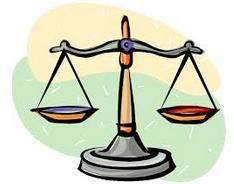2025-05-19
Martin Geddes (with a little help from AI) relates his lawful activities to uncover lawless Courts to the ever evolving nature of warfare: warfare is conducted by lawfare before ever it comes to force of arms.
"We are now in an era of metawarfare, where the battlefield is not fixed, but disputed—because the war is about what the war is"
"Victory belongs to whoever defines the conflict"
" ... To 'win' at lawfare is ... to compel the opposition to cease their opposition to truth"
At one level this is obvious, and is evidenced by the oath of witnesses:
"I swear (/ affirm etc) to tell the truth, the whole truth, and nothing but the truth"
Yet this oath by the witness is not obviously matched by an oath of the interrogator to ask all the necessary questions, omitting none, so errors of omission may indeed proliferate, even if the witness gives fully truthful answers.
The safeguard is to cross-examine the witness by each side in the case so that all relevant questions can indeed be asked, although in this case omitting to ask the right question does not place one at risk of perjury.
At another level it is about exposing any deliberate deceptions and/or departure from judicial impartiality.
So what is the case really about? Is it about obedience to the rules, or is it about reaching a just and sensible solution? Is it even about the appropriate and lawful nature of the court itself? The route to a 'good outcome' will depend upon the motivation behind the questions.
Those who weigh the final judgement will determine the outcome, and even a jury in a modern court may not ask questions or raise objections or otherwise participate in the trial. And many cases these days dispense with a jury.



